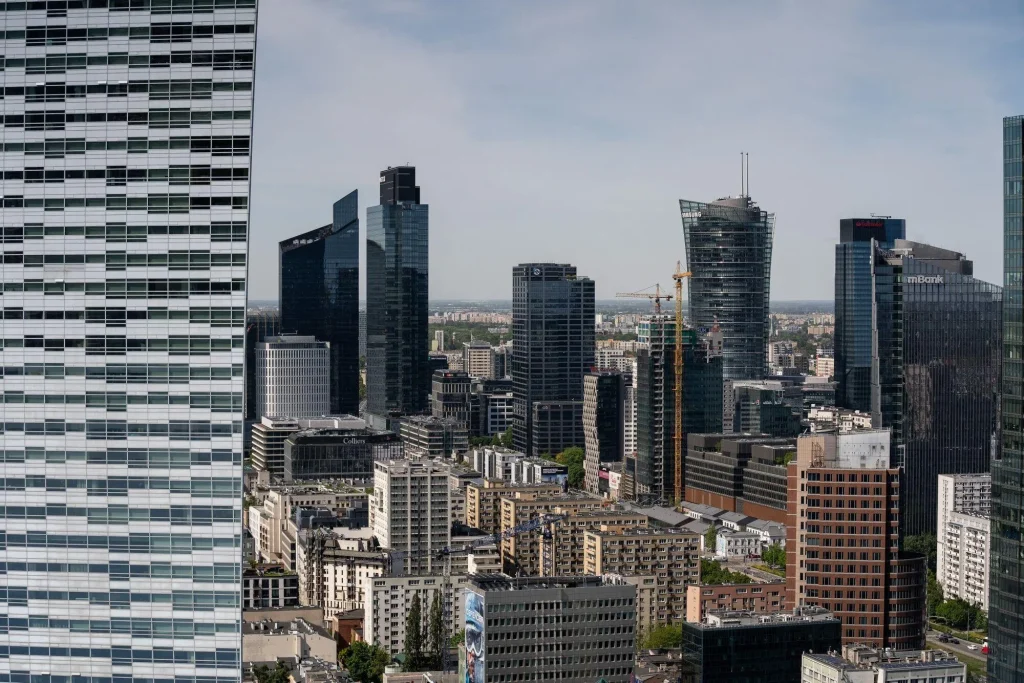[PARIS] A measure of foreign direct investment in Europe sank to a nine-year low in 2024, underscoring the continent’s struggle to lure business even before US President Donald Trump’s trade war darkened the economic outlook.
The number of new projects backed by investments from abroad fell for a second consecutive year to below the level seen even during the pandemic, according to an annual survey by consulting firm EY that was published on Thursday (May 15). The drop was sharpest in the largest economies, while the tally of jobs created as a result of the foreign investment also fell 16 per cent from the year earlier.
The firm attributed the downturn to persistently weak economic growth, high energy prices and geopolitical tensions, which came just as the US’s surprisingly resilient expansion and rising stock market was drawing in global cash. The number of European projects from the US was 11 per cent lower than 2023 and 24 per cent below 2022.
“Foreign investment is a vital pillar of the European economy, and our findings should sound the alarm for governments and policymakers,” EY managing partner Julie Teigland said. “Urgent and collective action is needed to focus on future-facing sectors that can drive growth.”
The problems have since been compounded as Trump’s shifting tariff policies cast widespread uncertainty over the global outlook, threaten to turn back the flow of international trade and potentially give businesses an incentive to shift some production to the US.
Even before Trump’s rollout of sweeping tariffs in April, his presidency was widely seen as likely to only worsen Europe’s economic challenges.
BT in your inbox

Start and end each day with the latest news stories and analyses delivered straight to your inbox.
In EY’s survey of 500 global business leaders as part of the report, which was conducted from late January to early March, 42 per cent said they expected Trump’s policies to further harm Europe’s attractiveness, while only 27 per cent said his changes could improve it.
Thirty-seven per cent of investors postponed, cancelled or scaled back European investment intentions and the share planning to invest on the continent over the next 12 months fell to 59 per cent from 72 per cent a year ago.
EY said it’s likely the short-term appetite to invest in Europe has worsened since the poll.
Still, there were some bright spots in the report, notably with Spain recording a 15 per cent increase in projects last year to become the fourth-largest European hub for foreign investment.
EY also said there were signs of momentum in some sectors, including renewable energy, semiconductors, defence, pharmaceuticals and electric vehicles. BLOOMBERG


